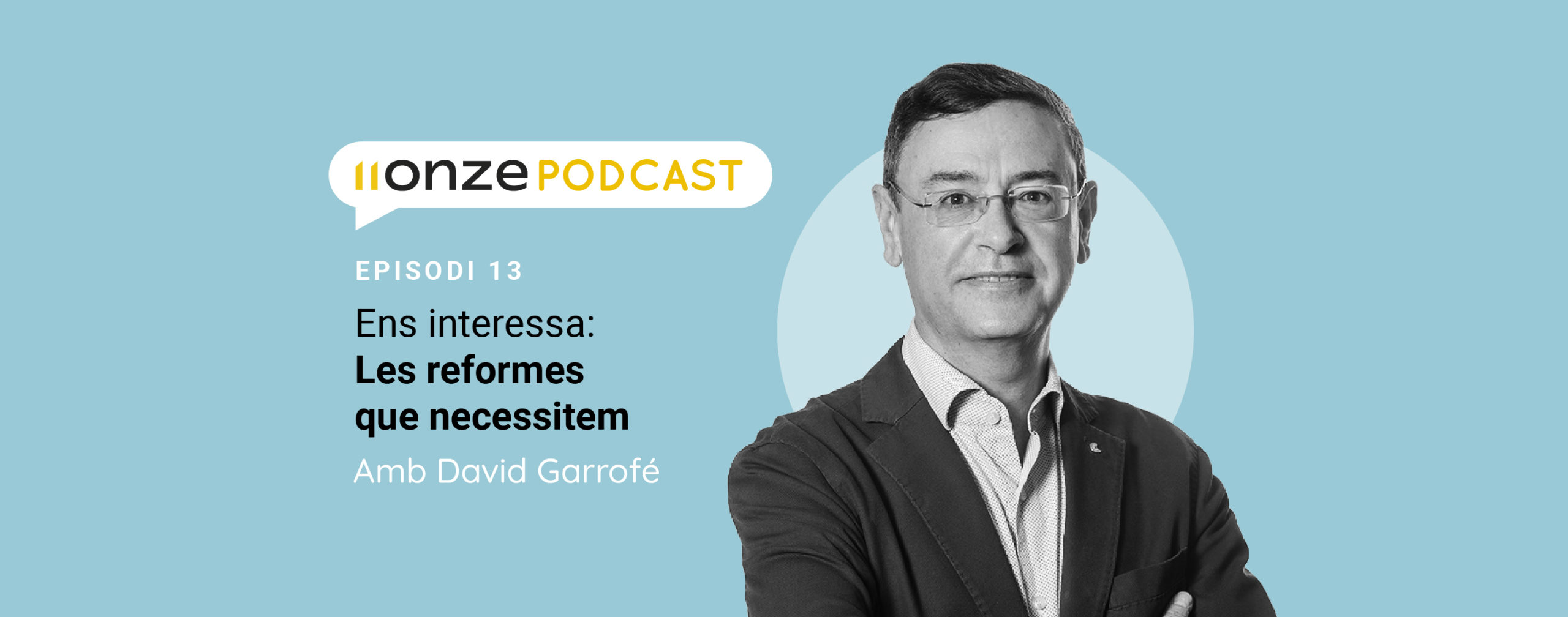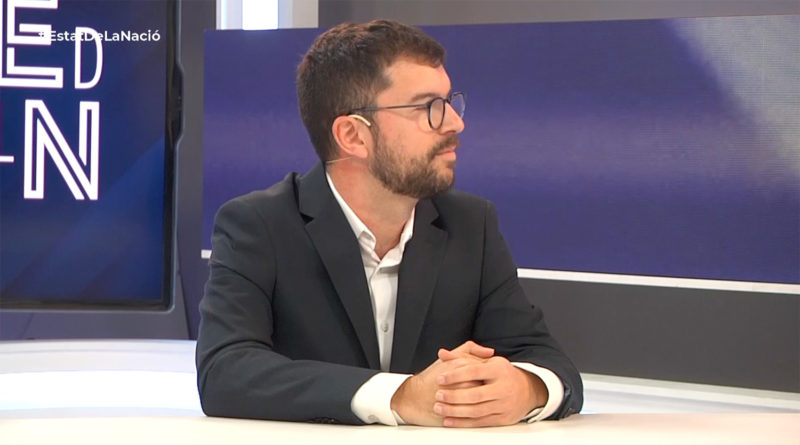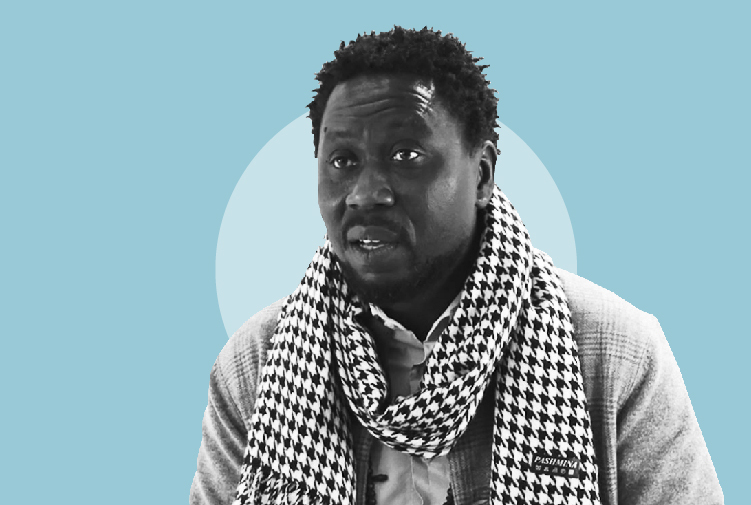

“We need a revolution in the administration”
David Garrofé has a deep understanding of the needs of Catalan entrepreneurs and SMEs. For more than 30 years he has been secretary general of Cecot. He left the post last June and is now just another businessman making his way in the Covid-19 era. With this experience behind him, he makes a complex resume of the economic context that has befallen Catalonia, with an unprecedented fiscal deficit and an imminent global debt crisis.
“The life of an entrepreneur is exciting. But, it is true, I miss public life, a very grateful and sacrificed space. We live immersed in certain inertias that make change difficult,” Garrofé points out at the outset. He recognises that, at present, he lives with entrepreneurial risk in his body, in a context that he is passionate about. And yet, he firmly believes that civil society cannot give up intervening in the development of public policies.
But how can it do so, how can it offer solutions to politics? “It is true that there is a point of disappointment, but one day you have to accept that, too. There are so many things that seem so logical to change, which just need some internal concert and leadership. And then you ask yourself: does it take that much? That’s why I am in love with civil society’s capacity to change things,” the entrepreneur says.
Consensus through meritocracy
To the extent that civil society is organised, Garrofé says, it is capable of doing great things. “However, we come from a cultural tradition in which administrations have placed themselves in a role of superiority and low listening. They listen little and tend to go it alone. And the principle that the politician is a public servant is lost,” the businessman complains. He considers that a “very heavy and inflexible” administrative apparatus has been created.
“Too often we have politicians in charge who want to continue to live for many years in politics. Therefore, their analyses are based more on ‘What can I do to stay in office’ rather than ‘What can I do to change things’,” he laments. This is the great evil that affects Catalonia, but also limits other countries in the globalised world. In this sense, Garrofé considers that what really transforms things are the regulatory and legislative frameworks that protect us: “And we started from a framework, the Transition, which wanted to be democratising, but which drags along many historical vices.”
For this reason, he believes it is essential to “change the framework.” “We need a revolution in the civil service. In other countries, it is professionalised, and there are no changes. Above a certain level, they are the best technicians that the state has, and not politicians who come down to perform functions for which they are not qualified. And, in addition, there is a great deal of accountability,” Garrofé argues. “There has to be a reform agreed upon by society to give prestige to the civil service, to make it more meritocratic,” he argues.
The burden of the fiscal deficit
Garrofé is convinced that, in general, we do value the driving force that is Catalonia, but he considers that there is a clear risk of being left behind in the global race. “Our competition is not Madrid or Malaga, but China, Vietnam or the U.S. The U.S. generates a lot of patents! They invest four times more than we do in R&D,” the businessman points out.
In Catalonia there is little investment in research, Garrofé regrets, because the administration is not sufficiently aware that, in fact, the world’s big technology companies, such as Facebook or Google, grow and consolidate thanks to public funding. “Is it normal that Catalonia, which is the main power in the whole of Spain, with 25% of exports, has a smaller budget for the Generalitat de Empresa than for Culture? And doesn’t that mean that the budget for Culture is high… Is that the way to transform a country?.”
Moreover, he recalls that the Spanish government has never financed Catalonia, which is in a privileged geostrategic position, as it deserves. “Even they recognise this, and it is becoming more and more serious. It has been a burden for Catalonia. Then there is the lack of investment in infrastructure. We are talking about an accumulated shortfall of 200 billion euros,” says Garrofé. “The real accumulated differences are spectacular,” he adds. For this reason, he believes that governments must be forced to make courageous decisions.
The debt crisis, a historic crash?
He is very critical of the management of public finances, especially in a context such as the pandemic, which has caused uncertainty that, he admits, “is here to stay” and that we will have to know how to deal with. “In the last ten years as much public money has been issued as in the whole of human history,” he explains. And he reminds us that inflation is the consequence of printing so many banknotes.
“Solid materials, such as aluminium, water, paper, hard assets, they say, are worth something, but banknotes? They are just little printed pieces of paper that are worthless,” he exclaims. And he reminds us that if the debt crisis that has accumulated in powers like the United States explodes, it could have an impact on the whole world without remedy. “And what are the central banks of China or India doing? They are buying gold, quietly, little by little,” he reveals.
The most obvious consequences, according to Garrofé, will add up in a chain. The first is inflation. “We are already experiencing it, and they say it is temporary, but we have years to wait. Inflation is the misery of the poor, because the richest of the rich are not affected as much. We have now accumulated 6% and, if we accumulate a similar figure this year, we will have already lost 12% of purchasing power. And how does this affect a collective bargaining agreement?.”
Garrofé is pessimistic and believes, like many other economic analysts, that an unprecedented stock market crash is coming, because the value of money is overstated. So how can ordinary people combat this seemingly inevitable historic crisis and protect their savings? One of the products that 11Onze will offer is the purchase of gold and other precious metals, not in investment, but in bullion. “The currency will depreciate… So what will keep the value of our savings? The assets of a lifetime, the classics. Offering gold is a good service, and so much,” he concludes.
11Onze is the community fintech of Catalonia. Open an account by downloading the super app El Canut for Android or iOS and join the revolution!






Totalment d’acord, jo tmb trobo a faltar i molt la vida pùblica
Moltes gràcies pel teu comentari, Gerard!!!
Hem de fer molts canvis. No val estar aturats mirant com succeeixen les coses i no passar a l’acció: participar, actuar, exigir, ser critic i actuar amb responsabilitat
Tenim molta feina a fer Laura, però entre tots ens en sortirem!
Gràcies
Gràcies, Daniela!!!
👌
Gràcies, Joan!!!
Molt entenedor. Veiem que al davant de les institucions, en global, no estan els més capacitats sinó els més vividors i la gent els vota, els recolza, quan serem prou intel·ligents per posar ordre i pensar en comunitat.
Gràcies pel teu comentari Pere!
Ok 👍
Gràcies pel teu comentari Josep!
Gràcies David aquestes reflexions teves ajuden en aquells que no hem estat al món empresa
rial 👍👍
La reforma la funció pública és quelcom algo que
sempre he pensat que hauria de ser així i que fora bo per tots
Realment són unes afirmacions molt encertades, Alícia. Seguim a La Plaça!
Molt bones reflexions David!
👍